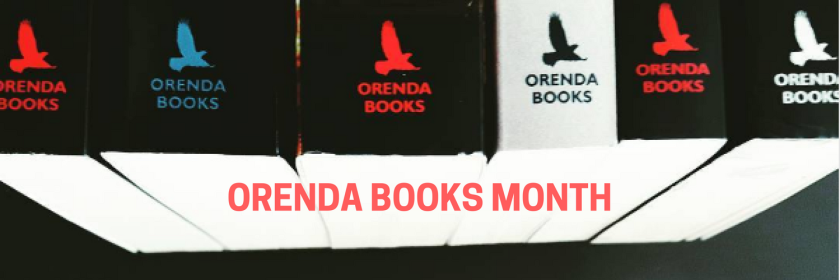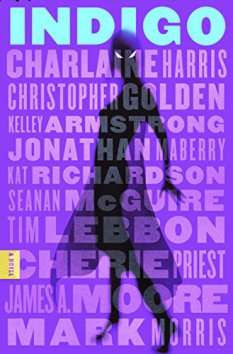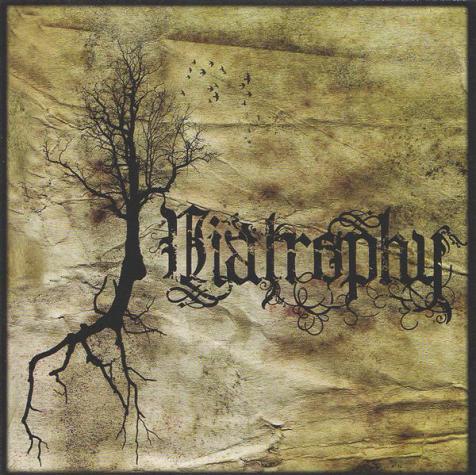
Infinite Jest by David Foster Wallace
Finished reading on December 27th, 2017
Having spent the Holidays with the Incandenza family at Enfield Tennis Academy and with Marathe and Steeply in the desert and with Don Gately in the hospital talking to a wraith, I’d like to start out with the most pressing question in my mind: Why did I ever think I needed to read it?
That is one of those questions, like many that the plot of the book brings to mind, that are probably mathematically unsolvable.
When it is mentioned what the book is about, it seems that mostly a combination of such words and phrases as pursuit of happiness, entertainment and tennis might be represented.
But it should also be mentioned that there is a lot of violence against humans and animals, substance abuse on many levels, but also profound ideas about the human condition.
In Infinite Jest, there’s a huge cast of characters, who for most part are somehow interlinked, although you can’t see it at first. There appear to be three main themes that are intertwined and set the tone for the book – there’s tennis and other sports, there’s entertainment and there’s addiction. They’re not mutually exclusive and actually they’re all various forms of each other.
One of the important places where the book takes place is the Enfield Tennis Academy, where we find out about the lives of the Incandenza family: Hal, Mario, Orin and Avril “the Moms” and “Himself”. And then there are the other students and members of staff at the academy.
Another important setting is a Drug and Alcohol Recovery House, where we meet such characters as Don Gately and a veiled Joelle.
And then we have a rather random seeming desert where we find out about Marathe and Steeply, what the Great Concavity is and how they’re searching for a tape of the ultimate Entertainment, that makes anyone who watches is forget about all else and eventually die a pleasurable death in front of a screen.
It was a difficult book to read for various reasons – first the plethora of characters you have to be able to distinguish, the page-long paragraphs that just don’t seem to end and the fact that it’s not following a linear timeline – some things happen before or after or during and you’d be fortunate to realize that most of it is in the future, some in the past, but all of it is mixed up.
The second and for me more disturbing one was the violence and substance abuse, there were so many times when I just wanted to stop and quit reading it or just skip pages or do anything to escape another scene of someone dying etc.
However, now that I have spent over 50 hours with the book in close proximity, this much has changed:
* I feel like after Infinite Jest I can read anything, I feel it’s highly unlikely that there’d be anything more difficult in the world of books (that’s unlikely, but that’s my impression at this moment).
*I’ve been numbed to scenes describing people in various puddles of body fluids or emitting or ingesting fluids or solids or doing things to escape reality using chemistry.
*I wonder about when did the idea of entertainment even come about, and why is it so “important”.
Ofcourse if you need to know more about the plot and the characters, I’m sure any search-engine will lead you somewhere. As for this post, this is what the book made me think about:
The most pervasive idea for me was the one about entertainment. Doing something to spend your time, ideally something, that is fun, doesn’t require much effort and is attainable. So watching tv or any kind of videos would be an example of it. But it seemed to me that drugs and alcohol were presented as another option, as was watching sports. The main goal for all of those seems to be for someone to be happier or to have more fun. Can’t be exactly sure that it would be though. It seemed to me that the key was that entertainment is seen as a short-cut to happiness or oblivion or maybe not feeling, if we’d set goals or standards low. At one level the person engaging in any type of entertainment is either totally focused on it to the exclusion of everything, or is not focused on anything.
Is that possible?
I don’t know.
Another idea I picked up from the book was that of choosing. Why should we have options to choose from without the education about how and what and why to choose. In the case of entertainment, it might be easy in some case to say what is a “good” or a “bad” choice, but how do you choose between “good” and “better” or “bad” and “worse”?
I was especially troubled by that idea, because as a bookworm, my preference is of-course “reading books” – good vs. “watching TV” – bad.
But I remember a time when it wasn’t like that, and I’d spend days or even weeks watching TV as a kid; the only time I’d choose to do something else, like read a book, was when my brothers had control of the remote control, or when I thought nothing good was on TV, or when I was sent away somewhere where access to TV wasn’t guaranteed. But I cannot pinpoint the time when I started to prefer reading. I know it must have been at around when I was maybe 11-12. But was that because of something I learned at school or at home or was it just a random transition. Maybe in half of the parallel universes I’m a TV-addict and follow celebrity gossip. It sounds too horrifying to even think of it. I’m sure there’re other options.
I started listening to Daniel Kahnemann’s “Thinking, Fast and Slow” when I need to take a break from Infinite Jest. And Kahnemann made me think of how my first impressions and ideas about Don Gately and some other characters introduced with the connection to drugs or alcohol right off the bat and the history of their decisions versus the Incandenzas and the students at Enfield Tennis Academy were a definite example of how I saw the first characteristics of the people more strongly, to the exclusion of others; as I got further into the book, my impressions started to even out to a degree where I could see them on the same level and have less of my judgement interfere. I thought it a really neat way how Kahnemann’s book changed my view of Infinite Jest while reading it.
I’m going to think some more about Infinite Jest, but to finish up, there has to be a rating. So…
I can’t say it’s 10/10 because I feel that would signify a slight Stockholm syndrome and my happy emotion of being done with it. It can’t be 5/10 because I did appreciate the difficulties of reading it (I thought that’s the thing to distinguish it from being “entertaining”), and I did find the characters fascinating even though some were obviously out of my comfort-zone. I know I wouldn’t want to reread a book that I’ve given 7/10 or less before So..
Rating: 8/10
Because I think I could and might at some point read it again.
A thought on the actual reading part though – I think it’s really only possible to read it in huge chunks not in tiny little portions. I found it very difficult to get back to the story even for about 20 pages or so from each time I got back to reading it and I had the overwhelming desire to put it down and stop. But there was also the opposite effect – when I had reached the set goal of however many pages I wanted to read on a particular day, I always read further than that.
Some of my favourite quotes from Infinite Jest:
Advertisements Share this:“[…] but like for instance where do you look with your eyes when you tell somebody you like them and mean what you say? You can’t look right at them, because then what if their eyes look at you as your eyes look at them and you lock eyes as you’re saying it, and then there’d be some awful like voltage or energy there, hanging between you.”
“But he’d also gotten a personal prickly chill all over from his own thinking. He could do the dextral pain the same way: Abiding. No one single instant of it was unendurable. Here was a second right here: he endured it. What was unendurable – with was the thought of all the instants lined up and stretching ahead, glittering.”
“There’s something elementally horrific about waking before dawn.”





